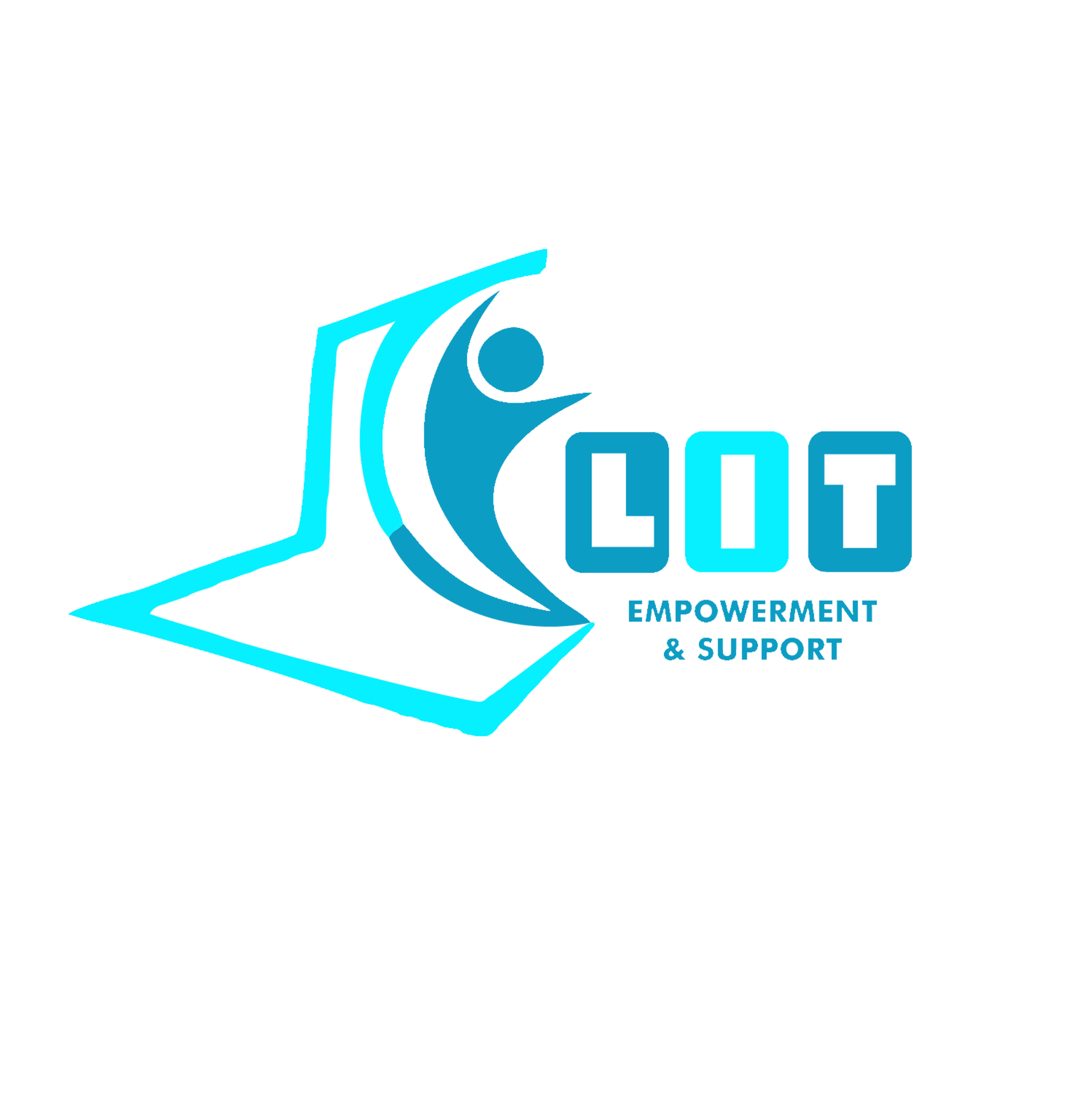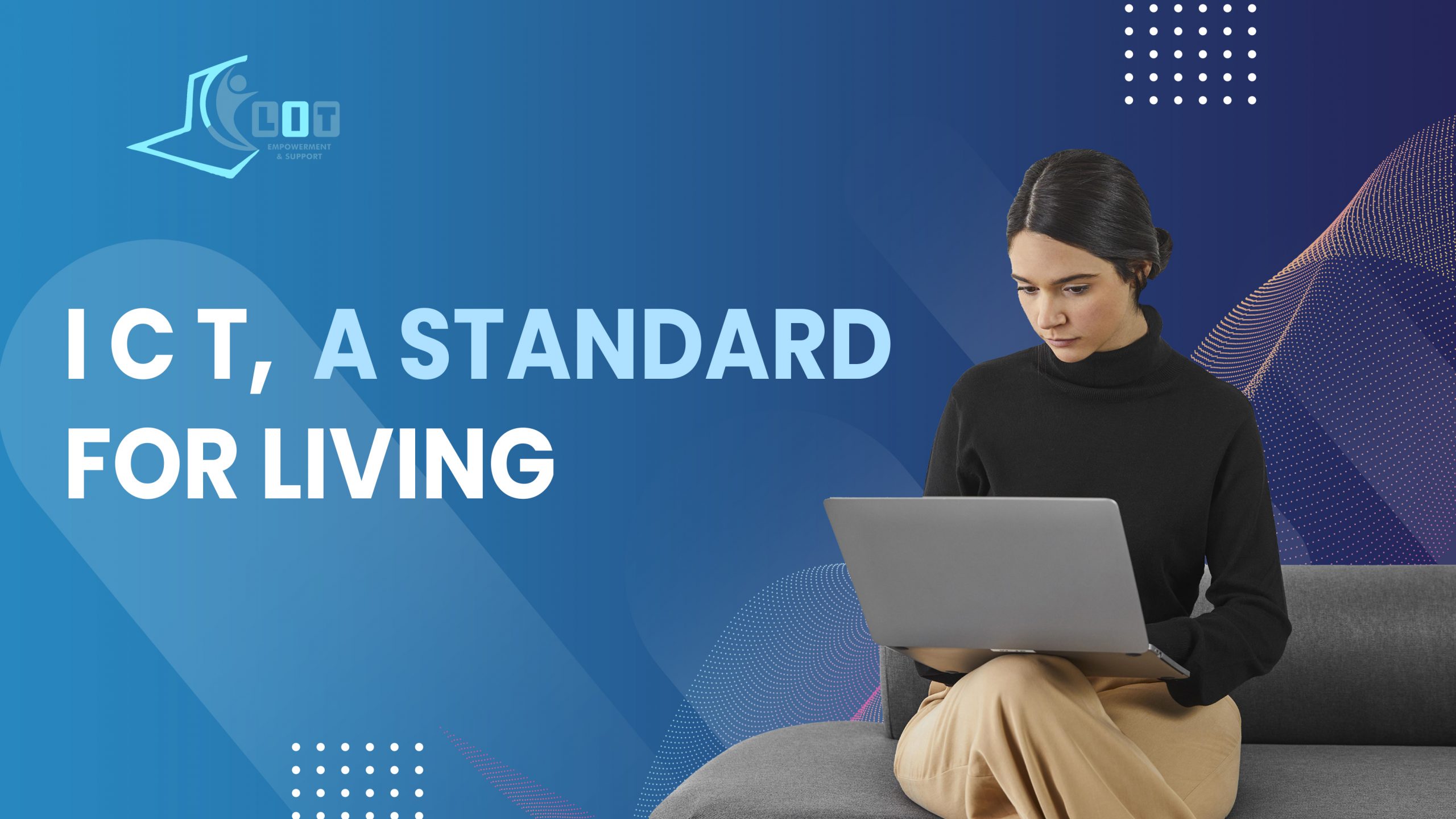ICT is an extensional term for information technology (IT)that stresses the role of unified communications and the integration of telecommunications (telephone lines, wireless signals)and computers as per IFGICT as well as necessary enterprise software, middleware, storage, and audio-visual that enable users to access, store, transmit, understand and manipulate information as per the international federation of ICT.
The term ICT is also used to refer to the convergence of audiovisual and telephone networks through a single cabling or link system.
The first commercial computer, developed by John Eckert and John Mauchly in 1951, was used to predict the 1952 US Presidential Elections.1972 saw another milestone in the evolution of computers. Since that time, I CT has evolved and become a standard of living globally.
ICT is basically the ish now. Everything on our planet now revolves around ICTs. It is almost impossible to live life these days without them.
It is common knowledge that peers of young persons who in this day and era do not possess smartphones are despised either openly or cunningly. Such a young person may be categorized as anti-tech or not trendy. Smartphones are not only tech savvy but also trendy equipment. They do not only help us communicate, stay in touch and work easily but also, add to our prestige. Even though, some poor or average people go to any length to own expensive smartphones, having them may be a sign of affluence or sophistication.
Desktops have quickly and effectively replaced the typewriter. Not only are they a perfect fit for any modern office, they are actually office assistants, doing a wide range of tasks. In the office space, desktops have the ability to download huge volumes of data and can process and send info in a twinkle of an eye. Desktop computers are able to create files and folders in insane volumes.
Laptops are another breed of tech savvy ICT gadgets that have all the functionalities of a desktop, and even more. One quality of the laptop that stands tall is its portability. It is so portable that a man can carry twenty pieces on the organizing an office has not been this convenient and exciting. There should be no excuse for anyone, especially in the developing countries to try to sidestep the use of computers based on lack of access or inability to use computers.
What the people of developing countries should be doing is to swim along the ICT tide. The misconception that one day, things would improve just by themselves is fast dwindling in probability. Governments on one hand can/will not be able to provide all the needed access. That is why numerous organizations have popped up with the view of augmenting what governments have done in their nations in the ICT regard.
Lit Empowerment and Support Incorporated is one such non-governmental, non-profit organization that has appeared on the horizon to assist rural basic schools in Ghana to stem the ICT tide. Since the organization is a non-profit making, it lacks financial strength for the execution of all the projects it might want to undertake. It is in this vane that Lit implores philanthropists and organizations to come to their aid by means of grants, sponsorships, partnerships, and donations as they try their best to lift up the underprivileged in ICT. This is one of the ways by which populations of developing countries can measure up to the ICT standard.
ICTs have become part and parcel of our lives. Their use cut across every area of human endeavor. In agriculture, agriculture is
making inroads and thriving. Then, there’s eHealth, E-commerce, and e-learning. Virtually, e-everything. Any attempt to avoid ICT would mean resorting to living like it used to be during the stone age. In governance and security, CT plays a major role. Just name them.
Home appliances and gadgets have either evolved from analog to digital or come in digital exclusively. In transport and travel, CT exists. In the gaming and entertainment business and in religion, ICT has become the niche. Religious houses via ICT are able to garner gifts and offerings. Even during the COVID-19 lockdown period, most of these religious houses were able to reach their devotees with their teachings consistently and constantly by means of IT tools. It is manifestly clear that ICT has become the standard for living. There is no denying this fact.
It’s therefore very important that everyone, especially those in developing countries to strive hard to close the digital gap. This, they need to do so that their people are not automatically rendered unproductive by the proliferation of ICT. Yes, one needs no prophet, diviner or soothsayer to be able to decode what would inevitably take place in ,for example a decade, when people continue to walk about without computer usage skills whether it’s their making or not.
ICT is a standard for living. It is either people strive to attain the standard or fall below the mark. There is no middle ground.



Add a Comment